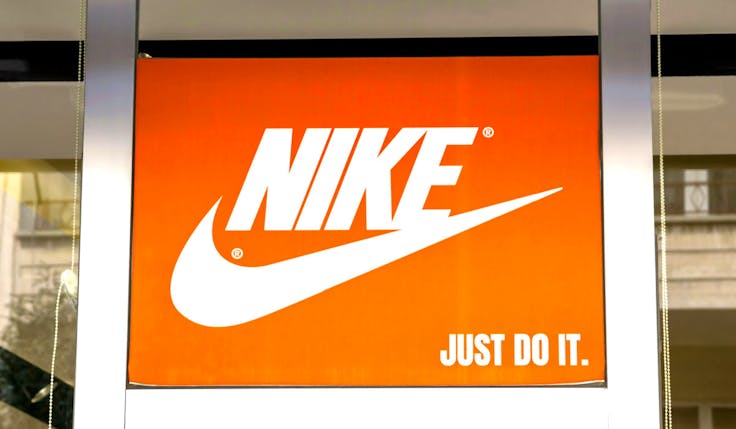Weetabix profits slow as consumers continue the switch to private label
Despite an improving macroeconomic outlook, Weetabix does not anticipate a return to previous shopping behaviours as consumers continue trading down.
 Weetabix has reported slowing profits despite growing revenue as consumers continue to switch to private labels in an attempt to “maximise spending power”.
Weetabix has reported slowing profits despite growing revenue as consumers continue to switch to private labels in an attempt to “maximise spending power”.
The cereal brand reported a profit of £47.1m for the year ended 30 September 2023, a drop from the £70.7m it achieved the previous year. During the same period, revenue increased to £368.8 million, from £337.9 million in 2022.
Despite an improving macroeconomic outlook, the brand does not anticipate a “swift return” to previous shopping behaviours. It says that economic challenges over the past two years have seen households “forced into changes” while others have been “encouraged by a culture of money saving and smart shopping”.
As a result, many shoppers are trading down and opting for private label cereals over brand names.
“We are seeing a growing trend of ‘intentional’ shopping, where all prices have been scrutinised, new cheaper channels frequented, and new product repertoires have given shoppers a sense of clear agency,” a statement from the board outlined.
“In many cases, they are happy with compromises already made, particularly private labels where the quality of products has been widely acknowledged, “it added.
Speaking to Marketing Week at the beginning of the year, Circana senior vice-president Ananda Roy said that many consumers who had switched to private label because of inflation had been pleasantly surprised at the quality, and, therefore, would see little or no reason to switch back to pricier brands.Is brand building the secret to solidifying the growth of private label?
The cereal giant emphasised that “perceived value” will likely remain the biggest draw for many, highlighting that retailers are eager to promote their pricing advantage through membership schemes and loyalty cards.
“Cereal remains a great value for money breakfast option as such we anticipate the category remaining relatively robust in 2024, but with a continued shift towards private label volume.”
Kantar’s supermarket share and inflation update for the four weeks to 12 May supports this, indicating that sales of own-label lines have remained “resilient.”
“[Own-label lines] are still growing faster than brands, making up over half (52%) of total spending. Sales of premium own label ranges continue to increase too, up by 9.9% compared with a year ago,” said Fraser McKevitt, head of retail and consumer insight at Kantar.
At the end of last year, Suntory Beverage and Food Europe’s (SBFE) top marketer, François Bazini warned of the “real danger” that private label can pose to brands that aren’t prepared for the effects they bring to the business.
“Unless brands are particularly fit, unless brands are at their best, they will be eaten alive by private label because consumers have no hesitation in trading down for private label,” he told Marketing Week.Brands will be ‘eaten alive’ by private label if they don’t invest, warns Suntory marketing chief
Weetabix’s gross profit dropped to £116.3 million, down from £133 million in 2022, while gross operating profit margin fell to 31.5% from 39.4% in 2022, driven by inflationary impacts on raw materials and packaging.
Additionally, the company reported that it achieved its target of 100% recyclable packaging across all its brands in December 2022 and has made its products more accessible to visually impaired customers with the rollout of NaviLens in September 2023.






